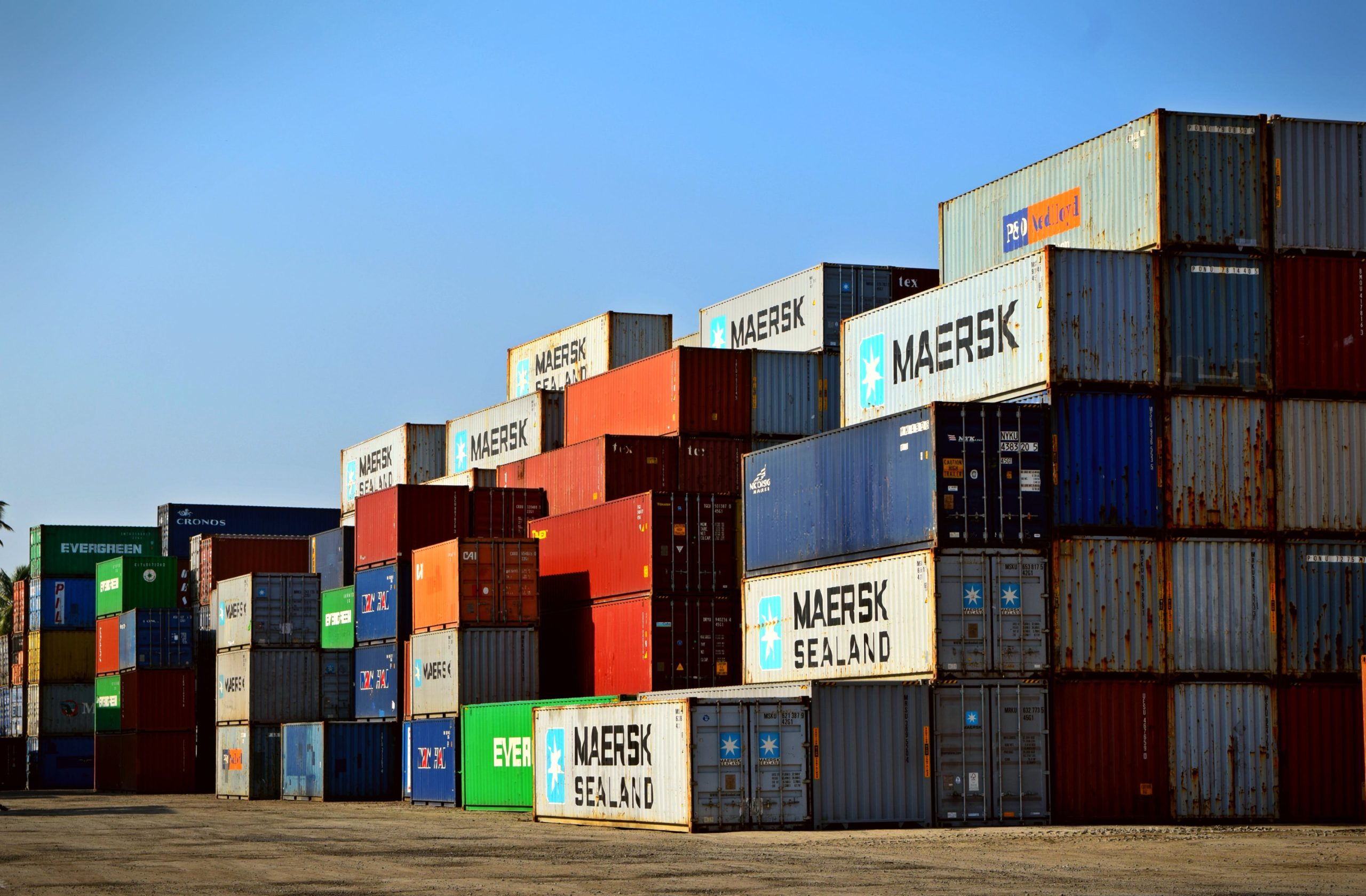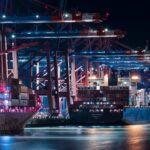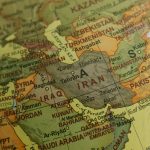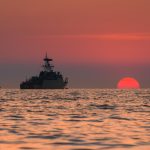Houthi rebels attack container ships – exposing the fragility of our globalised world

The imagery was quite impressive: a ‘James Bond-style’ infiltration on a transport ship, complete with helicopters and Kalashnikovs. The incident, which happened on a freighter off the coast of Yemen, was perpetrated and filmed by Houthi rebels. The attack is one of many that have occurred in the past few months, and probably not the last. As a direct consequence, large shipping companies such as the Danish ‘Maersk’ announced that they would temporarily stop their shipping operations through the Red Sea, causing them big delays by taking an alternate route. These security issues show us how vulnerable our global system is, and they are not confined to the Red Sea.
Because of the recent flare-up of the Israeli-Palestinian conflict, the Houthi rebels declared they would attack all ships navigating to and from Israel, although there have been cases of attacks on other ships. The Houthi rebels, who are a strongly religious movement involved in the Yemen Civil War, have pledged their support for the Palestinian cause and possess modern weapons. Supported by Iran, they pose a serious risk to global trade, as the Red Sea is one the most important shipping routes in the world.
An international coalition of twenty countries, under the auspices of the United States, has formed in order to protect freighter ships by military means, which has recently repelled the largest Houthi attack yet. The immediate effects of the security risk are visible around the world. As ships have to take an alternate route, shipping time will become longer and transport prices will increase.
Upon launching the defence initiative, the US Minister of Defense called it a “global problem”. Because our world is so globalised, this has effects on supply chains in almost every part of the world, and this incident does not stand alone. As many may recall, there was another incident a couple of years back, when a large freighter got stuck in the Suez Canal. The blockage of the canal, which is an extension of the Red Sea shipping route, caused large economic losses of around one billion dollars.
This risk-filled body of water from Egypt to Yemen is not the only example of such a crucial point in international shipping. The term for such places is maritime ‘choke points’: a sizable portion of global trade goes through these narrow points and they are easily blocked. Other examples of choke points include: the Malacca Strait which processes large amounts of ships from China, the Strait of Hormuz which processes nearly all fossil fuel transport from the Middle East and the Panama Canal which processes trade from the US to East Asia. Besides economic choke points, there are also numerous militarily relevant choke points such as the Bosporus, where British military ships were recently denied access to the Black Sea by Turkish authorities. These British ships were meant to aid Ukraine in its naval front against Russia, and the denial of entry might seriously affect Ukraines odds in the war. Apart from what has happened or what is currently happening, there are also future scenarios to consider, for example: what if Iran blocked oil tankers from leaving the Persian Gulf?
The recent incidents in the Red Sea and other examples show how much power and influence the control over these choke points can give countries or organisations over the entire global system. It is not unthinkable, considering the current tensions in the world, that these choke points become more and more relevant. We should thus as humans seriously think about how we protect these vital parts of our globalised world. Who bears the responsibility, and who gets to bear the responsibility to control them?
Read more:



